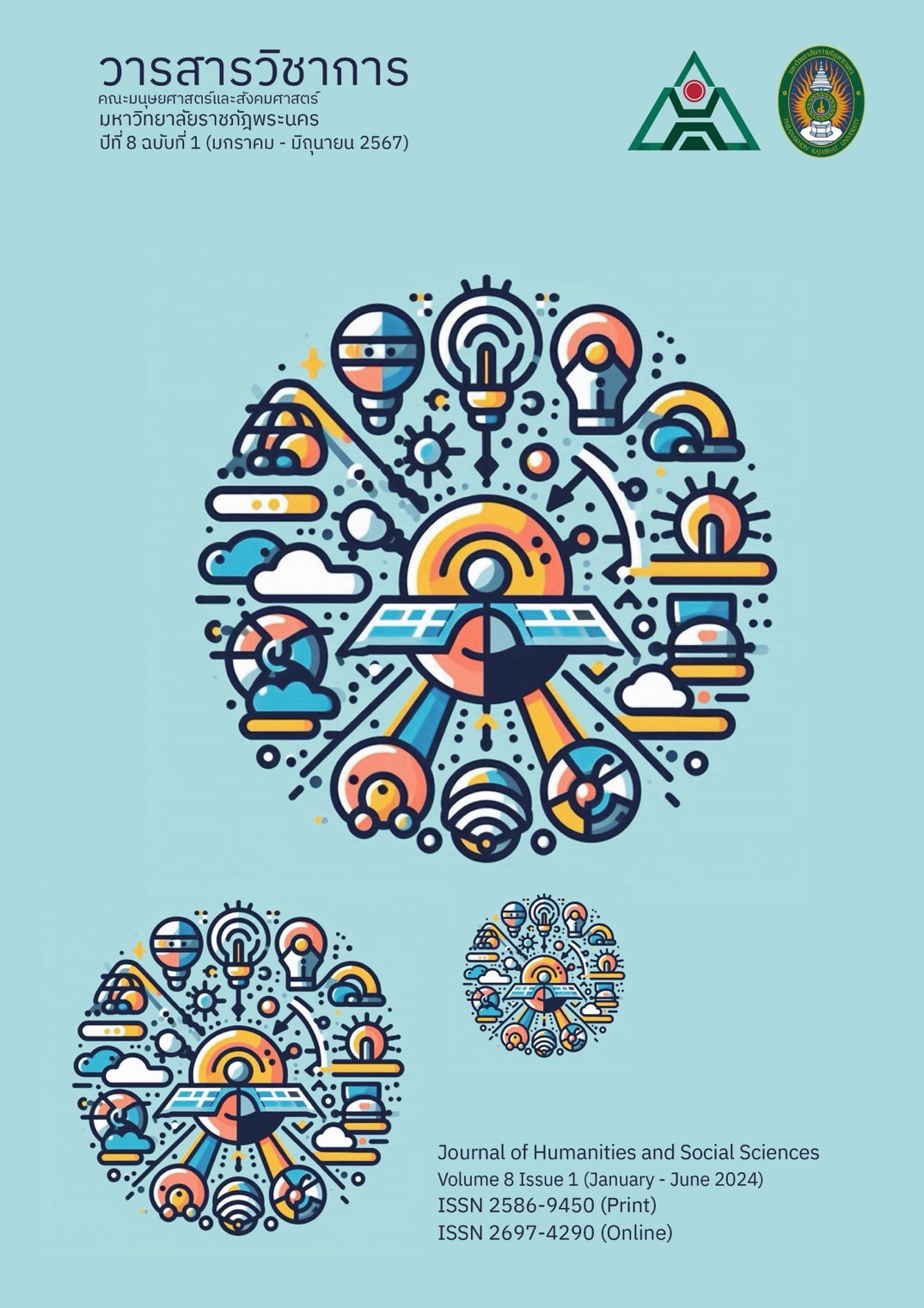THE 20-YEAR NATIONAL STRATEGY: DETERMINATION POLITICAL PARTY POLICY THE 20-YEAR NATIONAL STRATEGY: DETERMINATION POLITICAL PARTY POLICY
Main Article Content
บทคัดย่อ
บทความวิชาการครั้งนี้นำเสนอเกี่ยวกับยุทธศาสตร์ชาติ 20 ปี และการกำหนดนโยบายของพรรคการเมือง ซึ่งมุ่งเน้นไปที่การเพิ่มความสามารถของประเทศให้พัฒนาอย่างยั่งยืน ผ่านความร่วมมือของทุกภาคส่วนในสังคม อย่างไรก็ตาม ยุทธศาสตร์ชาติ 20 ปี ที่รัฐบาลคสช. ร่างขึ้นมานั้นไม่ได้พิจารณาความเห็นและความต้องการของประชาชนอย่างเพียงพอ นโยบายและมาตรการในยุค คสช. หลายฉบับ ขัดแย้งกับยุทธศาสตร์ชาติ ยุทธศาสตร์ชาติ 20 ปี มีเป้าหมายที่ดี แต่เนื้อหาบางส่วนยังไม่ชัดเจน และขัดแย้งกับนโยบายของ คสช. รัฐบาลควรเริ่มต้นดำเนินการโดยการบริหารจัดการและรับฟังความเห็นของประชาชนเป็นกฎหลัก นอกจากนี้ยังควรส่งเสริมการมีส่วนร่วมของประชาชนในการบริหารงานภาครัฐ พรรคการเมืองควรมีนโยบายที่ส่งเสริมการพัฒนาการบริหารงานภาครัฐให้มีประสิทธิภาพ โปร่งใส ตอบสนองต่อความต้องการของประชาชน และสอดคล้องกับบริบทของสังคมไทย บางครั้งพรรคการเมืองอาจมีวิธีการบริหารงบประมาณที่มีประสิทธิภาพกว่ากับคณะกรรมการการเลือกตั้ง การประกาศนโยบายที่ไม่สอดคล้องกับยุทธศาสตร์ชาติ 20 ปี อาจทำให้สูญเสียความเชื่อมั่นของประชาชนและความเข้าใจในนโยบายของพรรค การพัฒนาประสิทธิภาพของพรรคการเมืองเป็นสิ่งสำคัญ เพราะช่วยให้สามารถกำหนดนโยบายสาธารณะที่ดีและโปร่งใสให้กับประชาชนได้ เมื่อมีนโยบายที่ดีแล้ว ช่วยให้ประเทศมีความก้าวหน้าตามเป้าหมายที่ตั้งไว้ในยุทธศาสตร์ชาติ การเชื่อมโยงยุทธศาสตร์ชาติกับนโยบายพรรคการเมือง เป็นสิ่งที่ประชาชนควรพิจารณาในการเลือกตั้ง เพื่อให้แน่ใจว่านโยบายของพรรคการเมืองนั้นสอดคล้องกับเป้าหมายการพัฒนาประเทศระยะยาว และนำไปสู่การพัฒนาประเทศอย่างยั่งยืน
Article Details
เอกสารอ้างอิง
Angkarat Detwattanayotin. (2022). The Conditions Led to the Coup D'etat of Thailand. Interdisciplinary Academic and Research Journal, 2(3), 335-356. (in Thai)
Butsakon Chaitonthuak and Phakdee Phosing. (2022). Public Policy : the Duty of Government. Journal of Palisueksabuddhaghosa Review, 8(3), 193-204.
Chakkree Sricharumedhiyan, Sanya Kenaphoom and Phrakrupalat Amnat Jitman. (2023) The Relationship Between Public Policy Advocacy and Public Policy Making. Journal of Mani Chettha Ram Wat Chommani, 6(6), 327-347.
Chinanon Phuangphan. (2023). Political Party Policies towards Diverse Gender Groups. Journal of Interdisciplinary Social Development, 1(5), 39-53.
Mali Thipprajong, Phrasamuarkom Arkamathiro, and Kanjira Wijitwatchararak. 2020. “Party Politics and Democracy.” Journal of MCU Phetchaburi Review 3(1): 1-13. (in Thai)
National Economic and Social Development Board. (2018). National Strategy 2018- 2037. Bangkok: National Strategy Secretariat Office of Office of the National Economic and Social Development Board. (in Thai)
Office of the National Economic and Social Development Council. 2018. National
Strategy 2018 – 2037. Bangkok: National Strategy Secretariat Office of Office of the National Economic and Social Development Board. (in Thai)
Olarn Thinbangtieo. (2020). Authoritarian Government: From the National Council for Peace and Order (NCPO) to the Government in the Robes of Democracy. Political Science and Public Administration Journal Khon Kaen University, 5(1), 233-267. (in Thai)
Paiwan Purimart. (2020). Political Power and Influence Public Policy-Making Process. Academic Journal of Political Science and Public Administration, 2(1), 24-37.
Panya Parmkaew. (2021). National Strategy and National Economic and Social Development Plan that Leave No One Behind. Social Research Journal, 44(2), 1-47.
Phra Silasak Sumato (Buntong), Phramaha Thainoi Yanamethi (Salangsing), Sgt.Maj.Jennarong Phankam, Sataporn Vongsatanapong, Chirawan Sitthisak and Phra Natthawut Siricando (Srichan). State : Strengthening the welfare state policy to reduce inequality in Thai society. Journal of Graduate Saket, 6(2), 108-117.
Phramaha Sivapol Palametee and Anuphum Sowkasem. (2022). Political Party: Hoe to Vote to gat People’s Hearts. Journal of Buddhist Innovation and Management, 5(2), 192-206.
Phuriwat Punyawutpreeda. (2021). Development of Policy- Making Mechanism of Thai Political Parties. Sri Lanna Journal of Humanities, 7(2), 23-23.
Piboon Sukajatanee. (2022). Factors in Policy-Making and Operation of Political Papties. Journal of MCU Social Science Review, 11(5), 84-93.
Pollawut Songsuk. (2017). 20-Year National Strategy: Good Intentions or a Tool for Power Retention. Retrieved from https://thestandard.co/the-20-years-national-strategy/.
Prachak Kongkirati. (2020). When We Vote: Dynamics of Elections and Democracy in ASEAN. Matichon Public Company Limited.
Saree Asawanandakul. (2018). National Strategy or a Pipe Dream? Some Observations on the
‘20-Year National Strategy’. Retrieved from https://www.the101.world/strategic-plan-or-pipe-dream/.Siripan Nogsuan Sawasdee. (2017). Comparative Democratic Transitions:
Derived Thoughts on the Failures of Democratic Transition in Thailand. Journal of Social Sciences, 48(2), 1-24.
Siriphatson Wongthongdee. (2020). Public Administration and Its Digital Transformation. PAAT Journal, 2(3), 48-57. (in Thai)
Sorannut Chanpiwat. (2023). The Role of Small Political Parties under the Constitution B. E. 2560. Ramkhamhaeng Journal of Public Administration, 6(2), 130-160.
Thanikarn Srichan and Saowaluck Kosolkittiamporn. (2023). 20 years of national strategy for the development of Thailand. Journal of Modern Learning Development, 8(1), 413-435. (in Thai)
Witcheries Kiatchanon. (2022). “National Strategy and National Development Policy.”
Journal of Social Science for Local Rajabhat Mahasarakham University 6(4): 319-326. (in Thai)
Yutthasart Norkaew. (2021). Political Risk Management, New Constitution, National Strategy and the Populist Policy Contract of the National Council for Peace and Order (NCPO). NEU ACADEMIC AND RESEARCH JOURNAL, 11(2), 294–307.
Yutthasart Norkaew. (2021). Populist Approach: Reflections on The Structural Concepts of Classes in thai Society. Journal of Humanities and Social Sciences Valaya Alongkorn, 16(2), 15-30.


